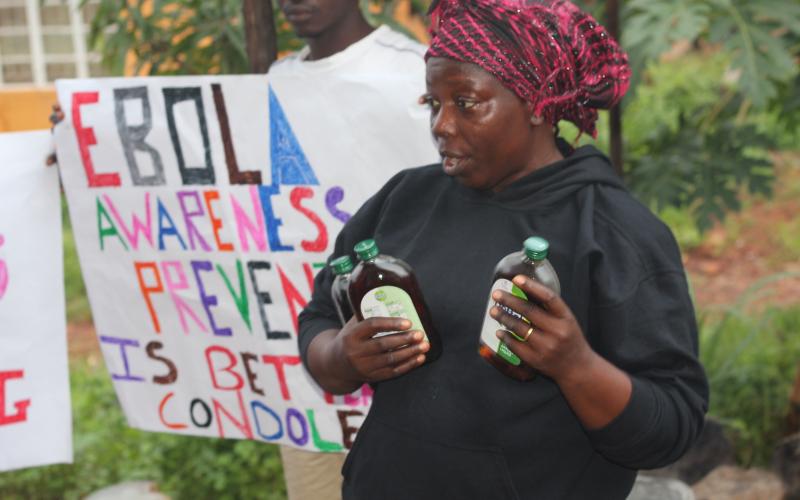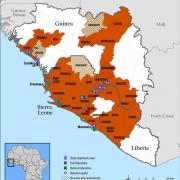
Africa Day was on March 25th 2015. The day has just passed and many interesting things were said by African and world leaders. Africa has had it’s ups and downs this year, from such things as devastating as the Ebola Crisis to a growing middle class. Africa has seen great triumphs and great losses this year. But, what will be remembered the most? Will it be social advances that stand out, economic advances, or devastation caused by disease?
In 2008, Africa’s consumer spending was 860 million USD. This number is expected to rise substantially to 1.4 trillion USD by 2020, according to the “UHY International.” Ghana was the worlds fastest growing economy in the world in 2011. Currently 13 percent of Africa’s population are middle class. That is a mere 213 million people (UHY International). This sounds like a small number. But in 2060, Africa's middle class is expected to rise to 1.1 billion people. This is 42 percent of Africa’s population according to the “UHY International.” Hopefully, in 2060 Africa’s lower class will be the minority. But, sadly this may be over looked due to Africa’s dilemmas.

Ebola swept throughout West Africa as well as the news. Peter Piot and his peers discovered the Ebola virus in in 1976. In March 2014, Ebola had it’s first outbreak spanning over five countries including Guinea, Sierra Leone, Nigeria, Liberia, and Mali. Small amounts of Ebola cases were also reported in the United Sates, Spain, Germany, France, U.K, Switzerland, Netherlands, Norway, and Italy, according to “BBC News.” Thankfully, these nations have much better medical care and were able to prevent Ebola from spreading even further. Still, 11,130 people were reported dead from the disease. Ebola was the worst thing to happen to Africa this year and sadly may be the most memorable.
According to the “The Economist,” 42 percent of Africa’s parliament seats are held by women, ranking them 8th in the world. This is almost double the amount in 1994. 1/5 of the sub-Saharan MPs were women in 2012. Although this sounds promising, women still have a far way to go. In South Africa, women are getting paid 35 percent less than men. It still pains me to think there is a divide in the world between women and men. According to the “Guardian,” women still face heavy discrimination in 34 of Africa’s countries centralized in Northern Africa. “Egypt also ranked alongside north African neighbors Morocco, Sudan, Algeria and Tunisia as the region with the lowest support for women's leadership, and the highest frequency of discrimination” (Guardian).
There were many events in Africa in 2015. There were achievements and collapses, but overall Africa is improving. These three events: expanding the middle class, Ebola Crisis, and the heightening of women’s rights, have arguably been the most influential developments in Africa this year. Although the middle class is extremely important, I believe that women’s rights was more meaningful. I say this because rights are important and because women are extremely influential.
Imagine all of the women leaders, scientists, writers, deep thinkers, and business executives we would have loss due to rights being divided between men and women. Africa needs these women to help their nation. There is a 1:1 sex ratio. This roughly means that Africa is using half of it’s population to solve their problems. It’s like using half your brain. This is why improvements in women’s rights will be more influential overtime. Even though improvements in women’s rights will become more influential overtime, it won’t be the most memorable.
Sadly, I believe that the Ebola Crisis will be most memorable this year due to the heartbreak and panic it caused around the world. Hopefully developments in medicine will prevent further disease outbreaks in Africa, allowing them to focus on improving their nation.
Digital Image: 2015. BBC News. Web. 4 June 2015.
"Ebola: Mapping the Outbreak - BBC News." BBC News. Web. 4 June 2015.
Mark, Monica. "African Women Making Progress in Battle for Equal Rights." The Guardian. The Guardian, 28 Mar. 2014. Web. 4 June 2015.
"News." UHY International. Web. 4 June 2015.
"Women Are Winning." The Economist. The Economist Newspaper, 09 Nov. 2013. Web. 04 June 2015.

